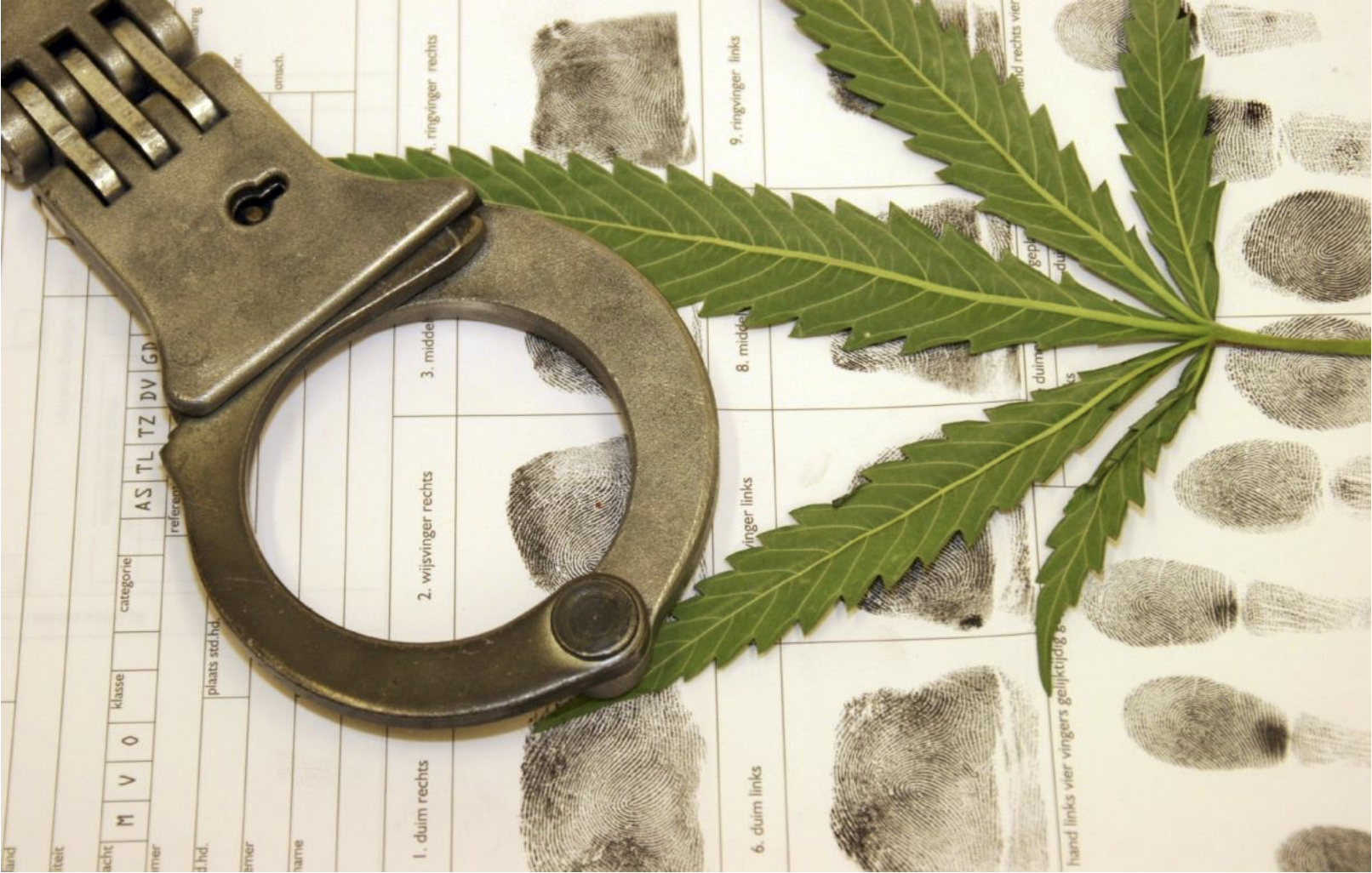Two years after it failed to advance through Congress, a proposal to allow expungement of federal misdemeanors related to marijuana possession has been revived. The bipartisan Marijuana Misdemeanor Expungement Act is sponsored by representatives Troy A. Carter, Sr. (D-LA) and Kelly Armstrong (R-ND), who announced the news July 2.
Twenty-four states, three US territories and the District of Columbia have legalized marijuana for adult use. Twenty-five states, the District of Columbia and the US Virgin Islands have some sort of pathway to expungement of marijuana possession records. Some have automated the process while others still require people to petition, but altogether they’ve allowed millions of state-level marijuana records to be expunged in recent years. But there is no expungement mechanism for federal records.
If the Act becomes law, petitions for expungement could be filed at no cost. Records of federal charges for possession or sharing small amounts of marijuana, as well as records related to probation following those charges, would be eligible.
“These misdemeanors, even without a conviction, can restrict the ability to access educational aid, housing assistance, occupational licensing and even foster parenting,” Carted stated. “Delivering justice for people who have been impacted by marijuana-related misdemeanors is a vital part of comprehensive cannabis reform.”
“Expungement is a job-creating mechanism.”
Carter issued the same statement almost verbatim in 2022, when introducing the bill for the first time. Though it’s unlikely to advance in the new Congress either, marijuana possession expungement has been gaining traction at the state level.
“Granting expungement is a job-creating mechanism,” Paul Armentano, deputy director of national cannabis advocacy group NORML, told Filter. “You cannot work or apply for certain jobs with a record.”
In October 2022, President Joe Biden issued a mass pardon for federal marijuana misdemeanor records, an action he expanded in 2023. Despite Biden’s repeated attempts to claim that his marijuana clemency actions have expunged records, they have not. (Biden has also implied his pardons freed people incarcerated on cannabis convictions, which is also not the case; however, the Act would not free any of them either.)
A pardon is essentially a gesture of forgiveness from the executive branch, which while meaningful isn’t always as tangible as some other forms of clemency. Expungement, by contrast, wipes a charge from the public record and thus restores people to the legal status they’d have if the incident had never happened.
“People who had no chance to get their record cleared [will] have the ability to confidently check a box, ‘I have never been convicted of an offense,” Adrian Rocha, policy manager at Last Prisoner Project, told Filter. “That’s huge.”
Like the Act, the vast majority of state-level expungement legislation pertains to misdemeanors only. A rare exception is Missouri, which has so far expunged over 10,000 felony records, in addition to another 34,000-plus misdemeanor records.
If passed, the Act would require that within two years, a report be filed to Congress exploring expungement of marijuana felony records; expungement of records related to controlled substances other than marijuana; and models for making such processes automatic, rather than requiring people to petition.
Image via Vermont General Assembly




